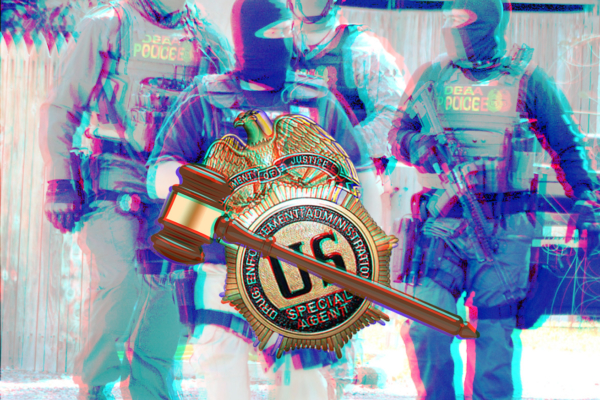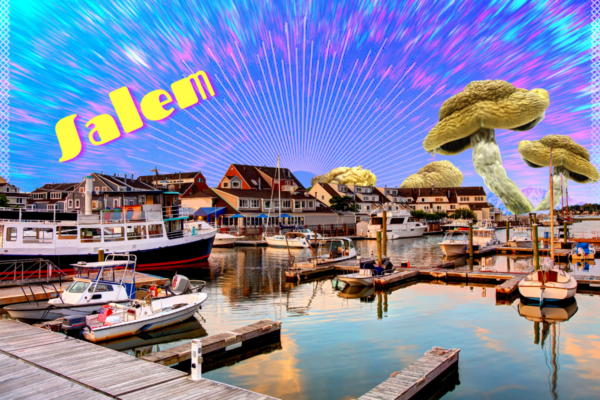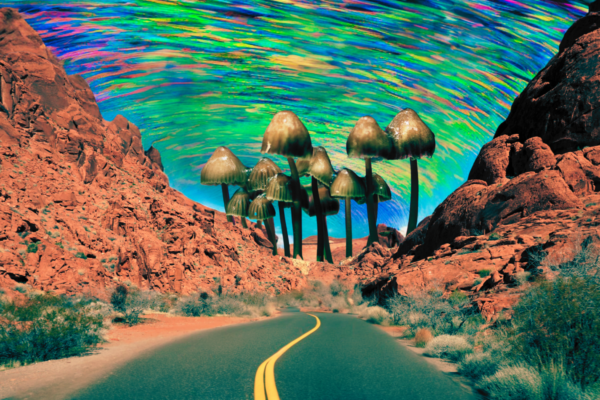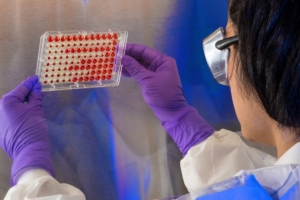
On August 8th, Canada’s Minister of Mental Health and Addictions, Carolyn Bennett, announced over Twitter that she had met with Oregon’s Psilocybin Advisory Board, the group responsible for formulating the rules under which legal psilocybin will be allowed in the state. Bennet is also the Associate Minister of Health.
Last meeting in Salem was with @OHAOregon & the Psilocybin Advisory Board, which gave us a presentation on the State’s framework for psilocybin services from manufacturing and delivery to purchase & consumption services as a result of Ballot Measure 109 that passed in Nov 2020.
— Carolyn Bennett (@Carolyn_Bennett) August 25, 2022
In 2020, Oregon voters voted to decriminalize all drugs, as well as to open psilocybin healing centers, where adults can legally receive psilocybin-assisted therapy, even without a doctor’s note. While the legalization of psilocybin centers will happen next year, illegal drugs in general have now been decriminalized in the state for more than a year.
The main purpose of Bennett’s trip was to meet with the Oregon Criminal Justice Committee, to capture “data on the impacts of these reforms” and conduct an “analysis of the criminal justice impacts of decriminalization.”
After thanking the governor of the state, Kate Brown, Bennett added in one last tweet, “Last meeting in Salem was with [the Oregon Health Authority] & the Psilocybin Advisory Board, which gave us a presentation on the State’s framework for psilocybin services from manufacturing and delivery to purchase & consumption services as a result of Ballot Measure 109 that passed in Nov 2020.”
These two updates are significant, as it potentially points to the direction that Justin Trudeau’s Liberal government is planning on taking when it comes to drug reform. The Liberals have long been pushed by members of their own party to decriminalize all drugs. In 2018, Liberal Party members overwhelmingly voted to end all criminal penalties for illegal drug use, but Trudeau’s government —which is not bound by how Liberal Party members’ vote— has shied away from the idea.
Since the Liberals have a minority government, they rely on the support of the third party NDP, who supports decriminalization —though they won’t bring the government down over this disagreement.
Also, recently the third largest Canadian province, British Columbia, decided to decriminalize most drugs, as did Canada’s largest city, Toronto.
Given these political updates in Canada, and the fact that Oregon’s decriminalization experiment seems to be working, it is possible that the Liberals could be considering legislating a Canada-wide decriminalization, though it is too early to tell.
As for the potential legalization of psilocybin or other psychedelics such as MDMA —to be used as medicines or more broadly— the Liberal government has never really spoken on the matter. Currently, there is an active court case claiming it is unconstitutional for the government to prevent patients from accessing these medicines, which may force the government’s hand, and a limited number of patients can access psychedelic therapy through something called the Special Access Program (SAP).
But as for a widespread adoption of legal psilocybin and other psychedelics, this is the first hint that the Liberal government is at least studying the idea.
At the moment, these Tweets are all we know about the situation, so we should not rush to any judgments. Nevertheless, the fact that Canada’s Minister of Mental Health and Addictions and the Associate Minister of Health decided to publicize that she met with the Psilocybin Advisory Board is interesting. Perhaps it points to her future intentions, though, again, it is too early to tell.





